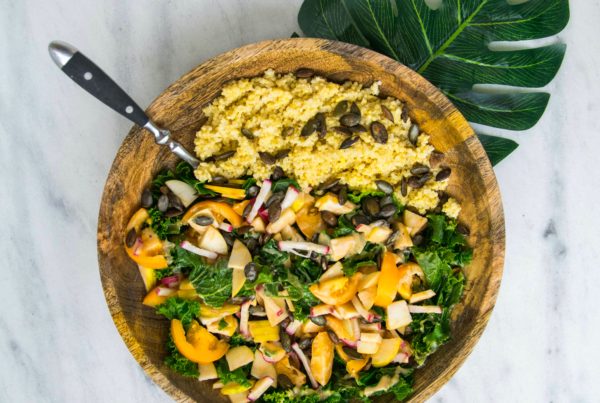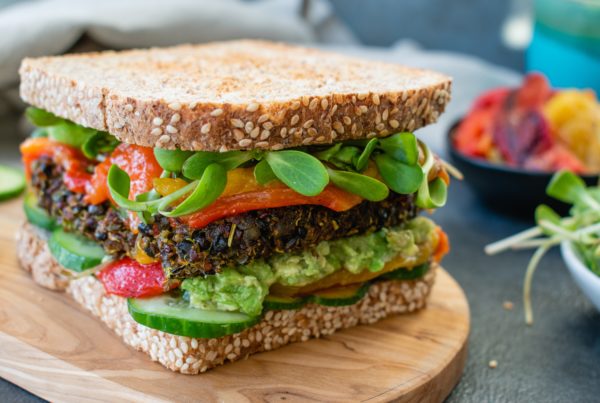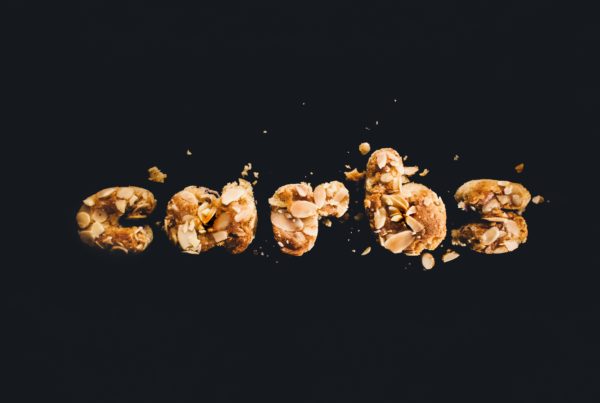World Vegan Day is celebrated annually by vegans around the world every November 1st. As the vegan diet has become more popular these days, this blog will provide you with the key information you need to know about the vegan diet.
What is a vegan diet?
A vegan diet is a type of vegetarian diet. It includes vegetables, fruits, grains, nuts, seeds, and legumes. Vegans avoid meat and food that comes from animals in any way, such as milk products, eggs, honey, and gelatin (which comes from bones and other animal tissue).
Why do people choose a vegan diet?
- Some religions forbid eating meat
- Some people think it’s not ethical to use animals for food
- Potential health benefits of a vegan diet
- Eating less meat can be better for the environment, as most meat is commercially farmed
- Some people don’t like the taste of meat
Is a vegan diet healthy?
Anyone can follow a vegan diet, including children, teens, older adults, even pregnant or nursing mothers. This is because a well-planned vegan diet could provide all the nutrients you need. A well-planned vegan diet is high in fibre, vitamins, and antioxidants. It’s also low in saturated fat and cholesterol. This nutritious combination helps protect you from chronic diseases.
It has been shown that people who avoid meat in their diet:
- Have lower cholesterol levels
- Have lower rates of:
-
- Heart disease
- High blood pressure
- Type 2 diabetes
- Prostate cancer
- Colon cancer
- Overweight
How can vegans get enough essential nutrients?
A balanced diet including a variety of foods could help make sure you get all the nutrients you need. Meat is rich in iron, zinc, and vitamin D, and dairy is high in calcium and vitamin D. As meat and dairy are avoided by a vegan diet, it is important for vegans to find alternative sources for these nutrients. Speak to your dietitian about a vegan eating plan to ensure you are feeding enough nutrients to your body.
This table shows some of the nutrients and common food sources that vegans need to pay extra attention to:
| Nutrient | Food Sources |
| Iron | dark leafy greens, legumes (e.g., black beans), dhal, chickpeas, dried fruit, breakfast cereals, blackstrap molasses |
| Zinc | whole grains, legumes, seeds |
| Vitamin B12 | meat substitutes (e.g., soy burgers or TVP (textured vegetable protein)), fortified beverages (e.g., soy or rice drinks), nutritional yeast |
| Calcium | dark leafy greens, fortified beverages, almonds, legumes |
| Vitamin D | soft margarine, fortified beverages (e.g., soy beverage, orange juice) |
| Omega 3 fatty acids | soybeans, ground flax seeds, canola oil, soybean oil, flax seeds oil, walnuts, tofu, fortified soy beverage |



